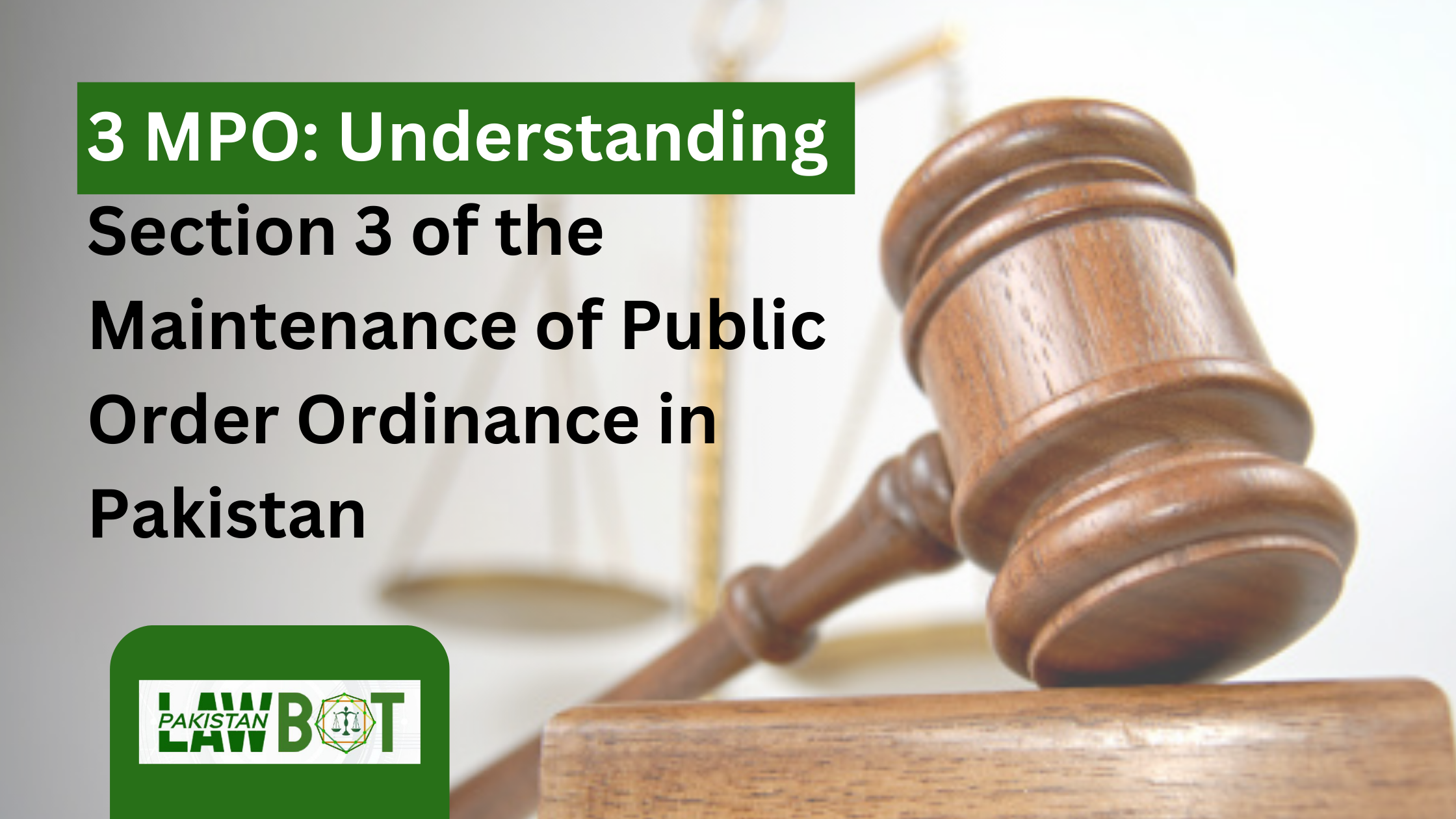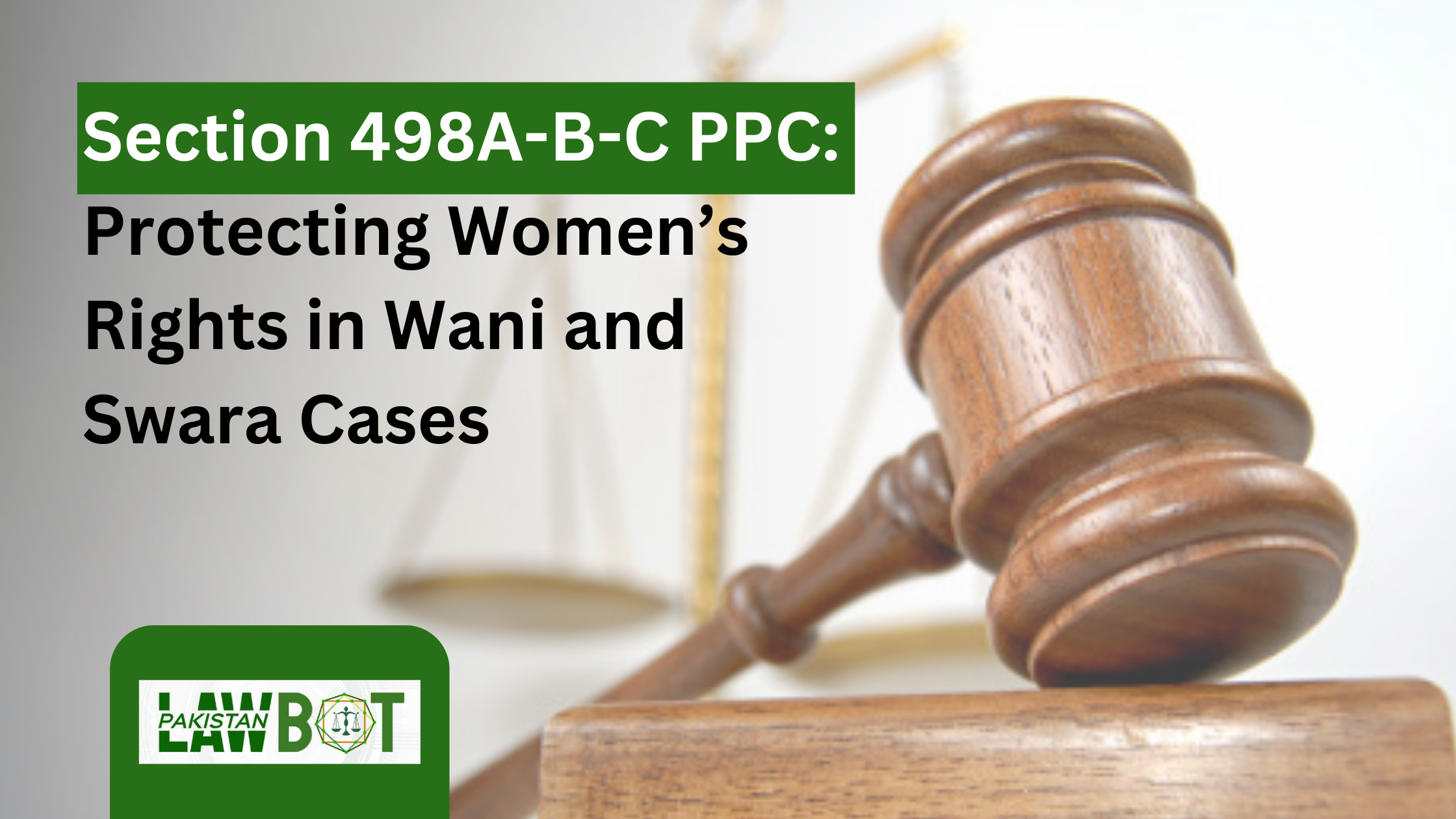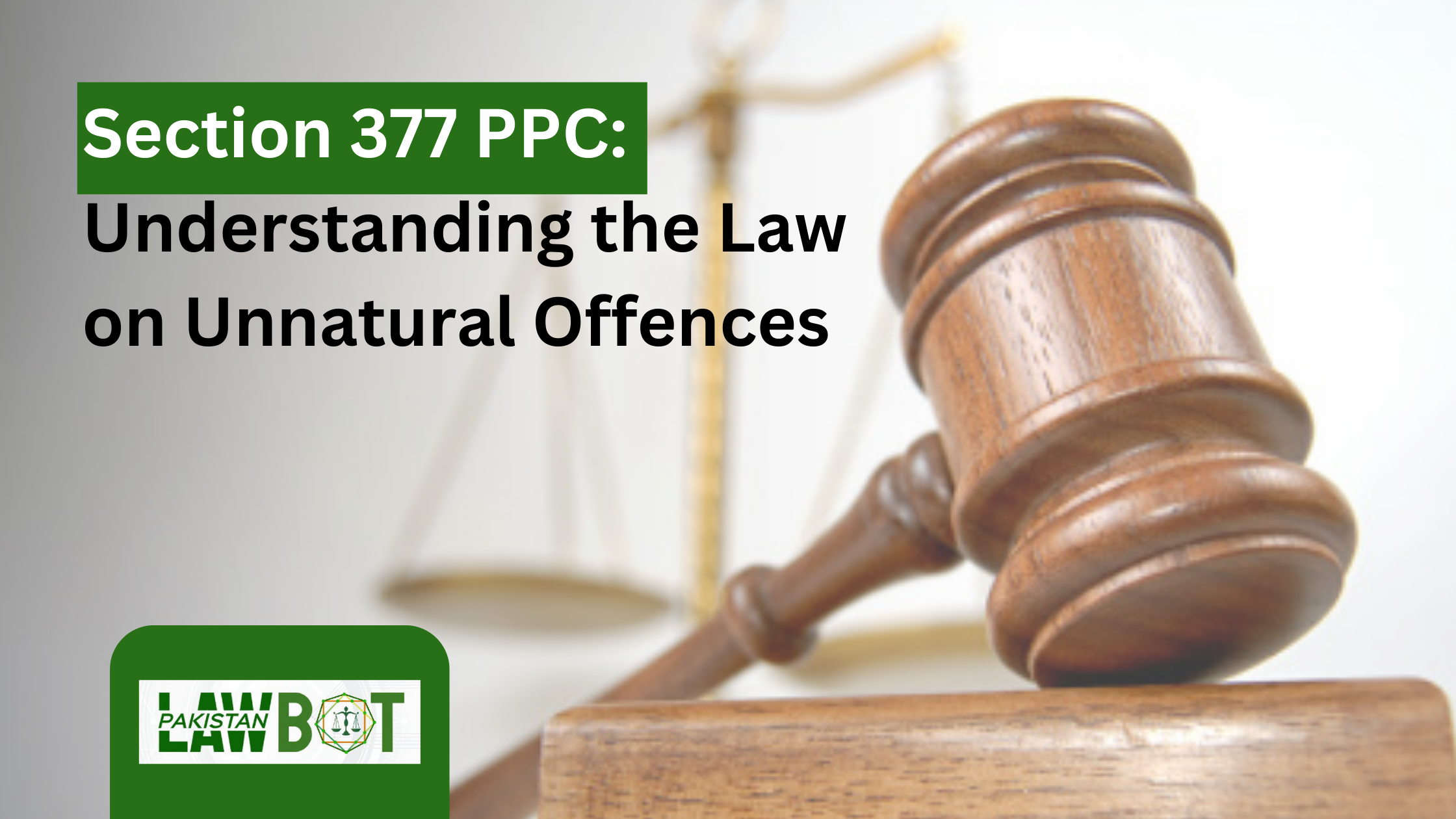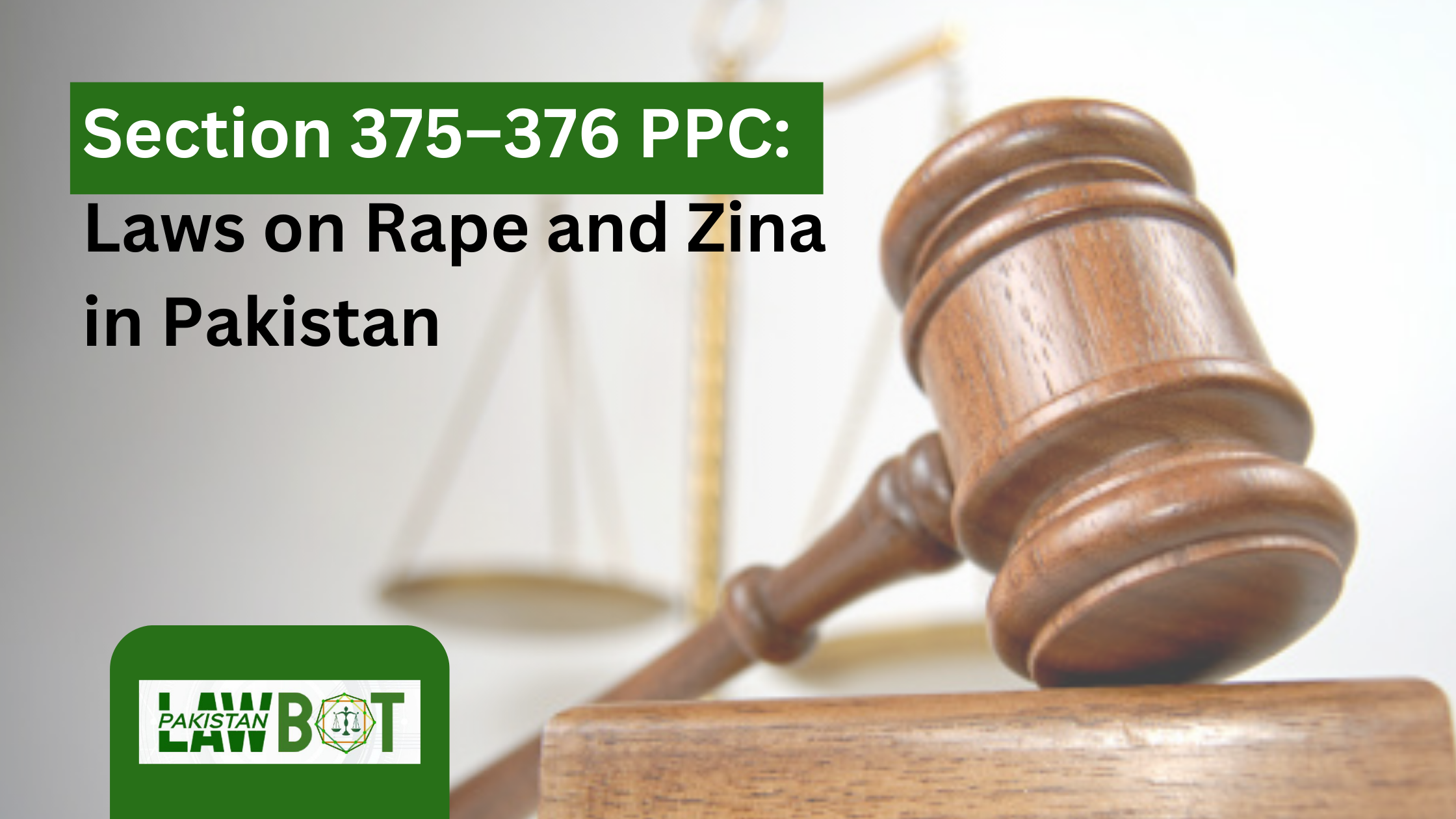Legal drafting has always been a daunting task for the average person in Pakistan. Complex language, unfamiliar terminology, and expensive legal services often prevent citizens from effectively navigating legal procedures. But with the rise of artificial intelligence (AI), the legal landscape is changing. AI tools are making legal drafting faster, simpler, and more accessible for everyone, from small business owners to individuals dealing with personal legal matters.
The Legal Struggles Faced by Ordinary Citizens
In Pakistan, many people face legal issues in their daily lives, ranging from property disputes and tenancy agreements to family matters and employment issues. However, hiring a lawyer can be costly, and many people are unaware of their rights or the correct legal formats needed for documents.
Common Legal Drafting Challenges
-
Lack of legal knowledge: Most citizens are not trained to write formal legal documents like contracts, notices, or petitions.
-
High cost of legal services: Lawyer fees for even simple documents can be unaffordable.
-
Time-consuming procedures: Legal drafting typically requires multiple visits to lawyers and courts, causing unnecessary delays.
Enter Artificial Intelligence: The Legal Game-Changer
AI is transforming many industries, and the legal field is no exception. In Pakistan, new AI-powered platforms are helping people create legally sound documents with ease, without needing a law degree or a big budget.
What is AI Legal Drafting?
AI legal drafting involves using software tools powered by machine learning and natural language processing (NLP) to generate legal documents. These tools can understand user input, analyze the legal context, and provide drafts that comply with local laws and legal standards.
How AI is Simplifying Legal Drafting in Pakistan
Several emerging technologies are now making legal drafting simpler, cheaper, and quicker for Pakistanis. Here’s how:
1. Document Templates Tailored to Pakistani Laws
AI platforms often come with pre-built templates for a variety of legal documents—ranging from rent agreements and affidavits to wills and power of attorney forms. These templates are customized according to Pakistani laws, ensuring compliance and relevance.
2. User-Friendly Interfaces
AI tools offer step-by-step forms that guide users through the drafting process. Users simply answer questions in plain Urdu or English, and the AI converts their answers into professional legal documents.
3. Cost-Effective Solutions
Instead of paying thousands of rupees to a lawyer for basic documents, AI legal platforms offer affordable, sometimes even free, solutions. This is especially beneficial for students, freelancers, startups, and low-income individuals.
4. Instant Drafting with High Accuracy
AI tools can generate legal drafts within minutes. By reducing human error and legal ambiguities, these platforms enhance document quality and legal validity.
5. Language Support
Some tools provide support in both English and Urdu, which helps bridge the language barrier for those unfamiliar with legal English.
Popular Use Cases in Pakistan
Citizens across Pakistan are now turning to AI for help with:
-
Drafting rental agreements between landlords and tenants.
-
Writing legal notices for default in payments or property claims.
-
Creating contracts for freelance or employment work.
-
Developing affidavits for identity confirmation or legal declarations.
-
Drafting divorce papers or child custody agreements.
Case Example: Freelancers and Startups
A freelancer in Karachi needed a simple non-disclosure agreement (NDA) for a foreign client. Instead of hiring a lawyer, she used an AI legal platform, answered a few questions, and received a complete NDA draft within a minute, ready to sign and send.
AI-Powered Platforms Making Legal Help Accessible
Several local and international platforms are contributing to this change. Some offer general legal support, while others focus exclusively on Pakistan’s legal system.
Examples Include:
-
Pakistan Law Bot: An AI chatbot that answers legal questions in simple English and provides legal drafting assistance.
-
LegalMate: A document automation tool helping users generate contracts and forms based on Pakistani law.
-
ChatGPT-like Legal Assistants: These can provide real-time legal drafting support when given a scenario or request.
Addressing Trust and Accuracy Concerns
While AI offers great promise, some citizens worry about the reliability of automated legal documents. It’s true—AI cannot replace lawyers in complex cases. However, for standard documents, the accuracy is continually improving.
How Accuracy is Ensured
-
Legal experts review and train AI systems using valid Pakistani law references.
-
AI tools are updated regularly to reflect legal changes.
-
Users are often given a disclaimer to consult a lawyer for sensitive or complicated issues.
Benefits of AI Legal Drafting for Society
The impact of AI legal drafting goes beyond convenience—it has broader social implications.
1. Promotes Legal Awareness
By simplifying legal processes, AI empowers citizens to understand their rights and obligations more clearly.
2. Increases Access to Justice
People in rural or underprivileged areas, who might not have access to legal services, can now use AI tools via smartphones or internet cafés.
3. Reduces Dependency on Middlemen
Middlemen often charge high fees for filling out forms or preparing documents. AI platforms eliminate the need for these intermediaries.
4. Saves Time and Energy
AI speeds up the drafting process, allowing citizens to focus on resolving legal matters rather than navigating bureaucratic red tape.
Future of Legal Drafting with AI in Pakistan
The journey has just begun. As AI systems continue to evolve, we can expect more advanced features like voice-to-document drafting, legal translations, and integration with e-court systems.
Potential Innovations
-
AI integration with NADRA and court portals
-
Voice-controlled legal bots in Urdu and regional languages
-
Auto-filing of documents with online courts
A Word of Caution
AI is a tool, not a replacement for legal experts. For serious legal battles, criminal charges, or complex corporate matters, consulting a licensed lawyer remains essential.
Conclusion
Legal drafting no longer needs to be a complicated or costly ordeal in Pakistan. Thanks to AI-powered tools, citizens can now create professional legal documents in a fraction of the time and cost. These innovations are not only making legal processes more efficient—they are also opening the doors of justice to a wider segment of society.
Whether you’re a student needing an affidavit, a landlord drafting a lease, or a freelancer writing a contract, AI can help you take control of your legal needs with confidence and clarity.







